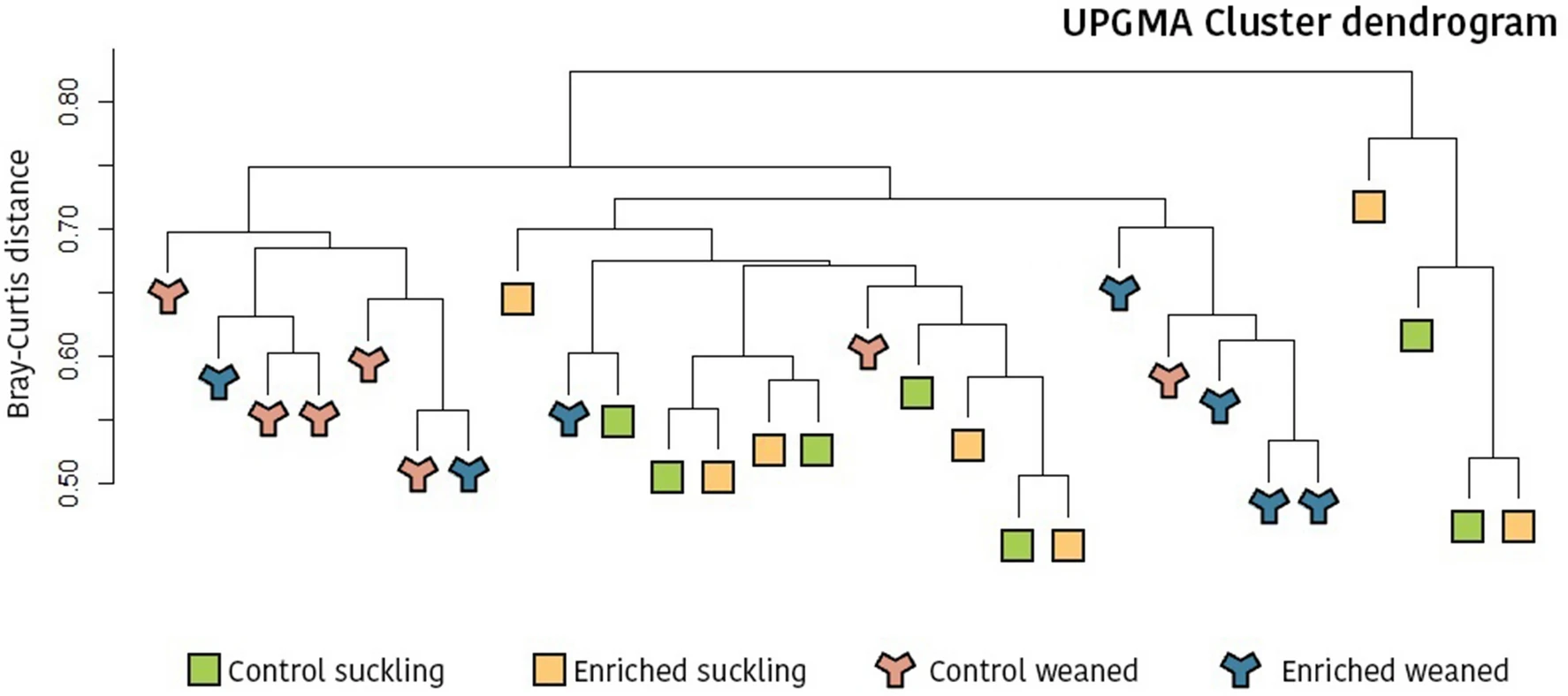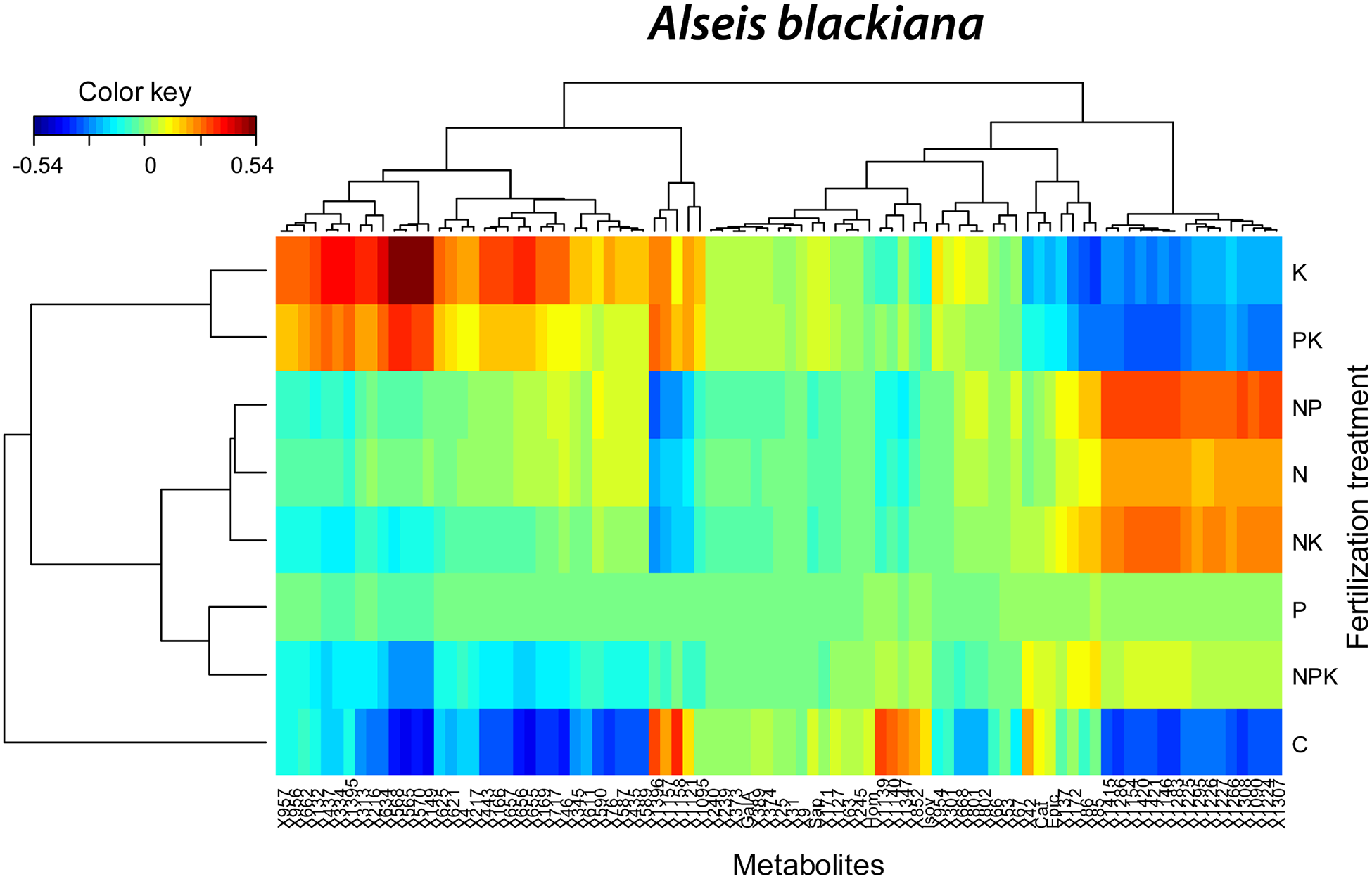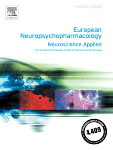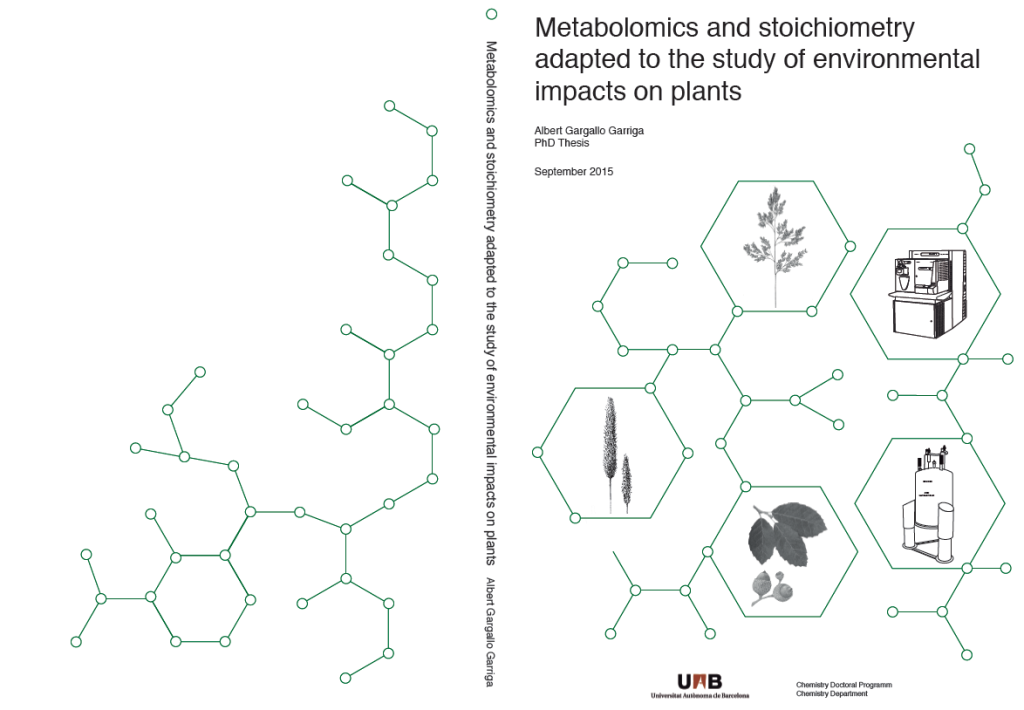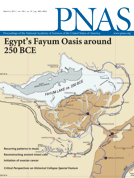M. Saladrigas-García, M. D’Angelo, H. L. Ko, S. Traserra, P. Nolis, Y. Ramayo-Caldas, J. M. Folch, P. Vergara, P. Llonch, J. F. Pérez & S. M. Martín-Orúe
Scientific Reports volume 11, Article number: 6113 (2021)
ABSTRACT
The aim of this study was to determine the possible impact of early socialization and an enriched neonatal environment to improve adaptation of piglets to weaning. We hypothesized that changes in the microbiota colonization process and in their metabolic response and intestinal functionality could help the animals face weaning stress. A total of 48 sows and their litters were allotted into a control (CTR) or an enriched treatment (ENR), in which piglets from two adjacent pens were combined and enriched with toys. The pattern of caecal microbial colonization, the jejunal gene expression, the serum metabolome and the intestinal physiology of the piglets were assessed before (-2 d) and after weaning (+ 3d). A differential ordination of caecal microbiota was observed after weaning. Serum metabolome suggested a reduced energetic metabolism in ENR animals, as evidenced by shifts in triglycerides and fatty acids, VLDL/LDL and creatine regions. The TLR2 gene showed to be downregulated in the jejunum of ENR pigs after weaning. The integration of gene expression, metabolome and microbiota datasets confirmed that differences between barren and enriched neonatal environments were evident only after weaning. Our results suggest that improvements in adaptation to weaning could be mediated by a better response to the post-weaning stress.
